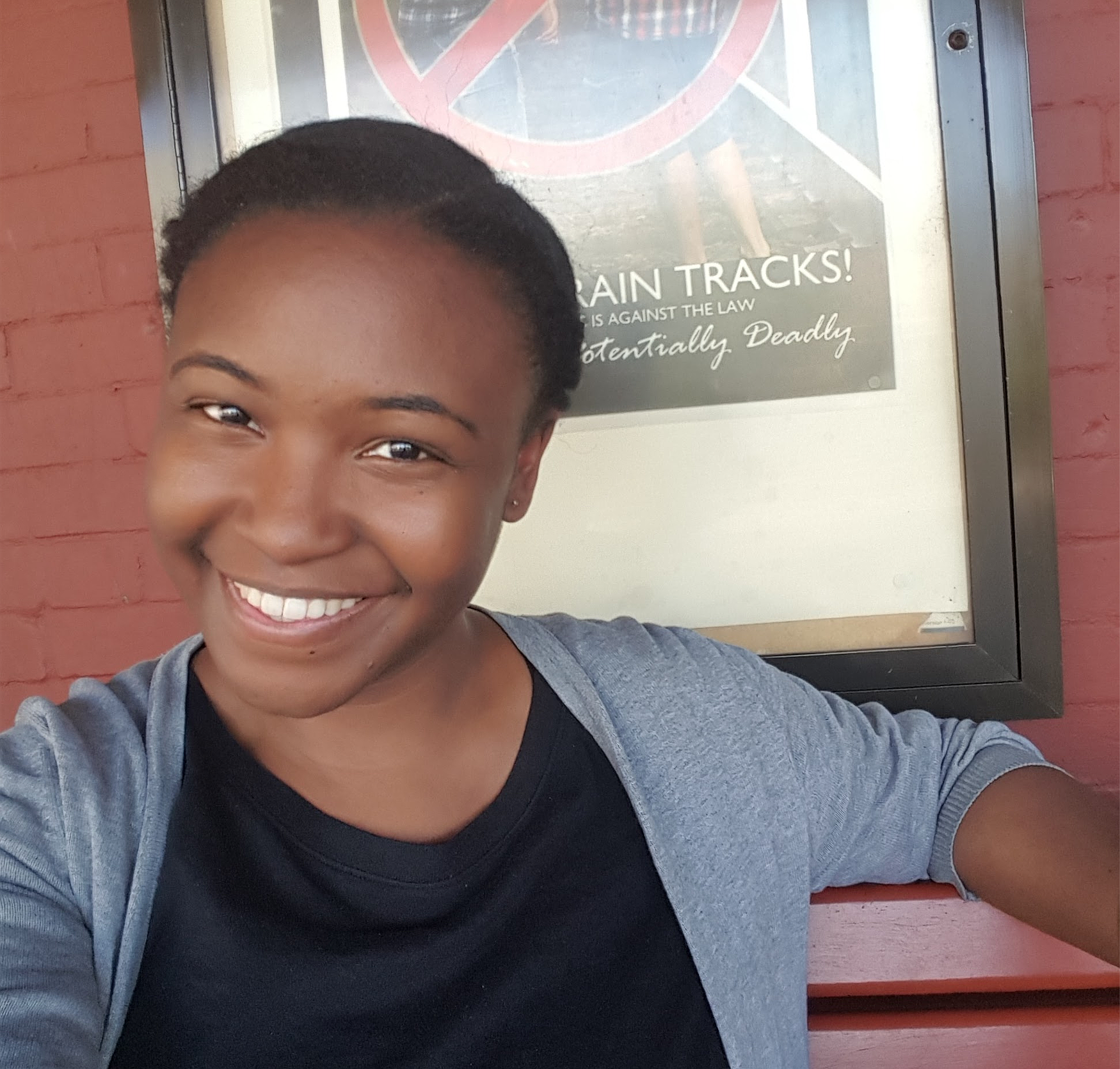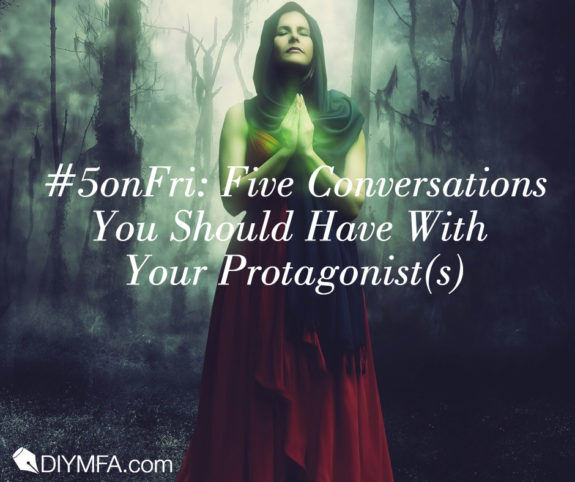A few years ago, in the middle of a fierce winter and an even fiercer case of writer’s block, my mom gave me an incredible suggestion to help me past what had been stoppering my writing for several months. “What does your character think?” she said.
It never occurred to me to ask, but once she said it, I wondered why I hadn’t done that in the first place. So, I sat down on the floor of my room and asked my protagonist, Abigail, what she thought of her story and how I was writing it. Since then, she’s taken me by surprise almost every single day. Though I describe her best as a part of myself I wish I was more comfortable with and could evoke more easily, Abigail is also a whole person all her own.
We writers are fascinating people. We can create and destroy entire worlds in a day, and dream up whole lineages of people we’ve never met. Because of that, our characters are more than just words on pages. They’re living, breathing people who are as much the creators of the stories we write as we are. And that’s exactly why receiving their input, regardless of how it differs from our own, is crucial to our stories.
After speaking with Abigail on numerous occasions, sometimes not even to talk about her story but just to talk, it became easier to see the whole novel from start to finish. Storyboarding made more sense, as did every other character she came in contact with, all the way to how her story ends. Or at least, how the portion of it I’m telling ends.
Your protagonist(s) should act as your storytelling partner(s). Here are five conversations you should have with them to ensure you’re telling the best story, in the best way.
1) How well they know themselves
This encompasses everything. Not just what they like and what they don’t like, but what their level of introspection is. How much internal work have they done on and for themselves? Have they taken the time to get to know themselves well enough to know what is in-and out-of-character for them? Do they know the lengths they’d go to get what they want, what they need? How self-aware is your protagonist(s) and how do they handle that? You might be surprised by their answers; I know I was. But when you and your protagonist(s) have talked this through, writing scenes will come a lot easier knowing how they would truly react rather than how you think they’d react.
Starter questions: Who are you? Who do you want to be? How do you want your world to see you?
2) Why they are the way they are
It’s a question I’ve had to ask myself a decent amount of times to understand my own motivations and why I interact with people the way I do. So, why not extend that to my protagonist(s)? This has also been one of the more difficult conversations I’ve had with her. She’s an observer, reserved and calculating. And these traits all come from burying herself when she is overwhelmed, physically running to not only get away, but to think. Uncovering her past in her own words has helped me better understand why she takes the courses of action she does, and made the writing of her more authentic.
Starter questions: What was home like growing up? Who were you closest to? Did you leave home or did you stay, and why?
3) What story they want to tell
Interestingly enough, this conversation sometimes doesn’t always yield the same responses from the author and the protagonist(s). The world we’ve created has so much to offer, but our characters may have a different take on what is important about it. Having a conversation about what part of their story they want to tell will be helpful in telling the right moments for your final piece.
Starter questions: What happened or is happening to you? How do you feel about it? What do you wish people knew about you?
4) How far you’re allowed to push them
Everyone has a limit, even your protagonist(s). Sometimes we writers can string together series of events that lead to tumultuous endings we believe are spectacular, but that our characters see as not believable or something they would never do. Just because we can think it doesn’t necessarily mean our characters should do it. So it’s important to know where their line is. When we cross into territory that is out-of-character for our protagonist(s), the story we’re writing begins to feel forced and can take readers out of the moment.
Starter questions: What is the worst thing you’ve ever done? What would you never do again? Do you have any secrets you don’t want to share with me or readers?
5) What they’re willing to die for
A question most of us are asked to ponder at some point in our lives that, in some ways, can govern our actions, reactions and even thoughts. If you’ve never asked yourself this question or no one has ever asked you, try it. Not everyone will understand your answer to it, and in fact, you may not fully understand the answer your protagonist(s) gives, but it’s worth exploring. This way, you’ll know your character’s ultimate “Why” and can build that into how their story ends or begins.
Starter questions: How hard do you fight for what you want? Have you ever lost something you wanted? How did it feel?
As you have these conversations, whether at the beginning, middle or end of your writing process, be sure to make it reciprocal. Communicate with your protagonist(s) and share yourself, too, to build a mutual trust so the doors of inspiration can always stay open. The same way you would in having an intimate conversation with a close friend or family member. Because at the end of the day, that’s what your protagonist(s) is. And that’s why they deserve to have a say in their own stories.
 Jenn Walton is a writer, editor and storyteller based in Washington, D.C. She has drafted and edited sponsored content for top-tier academic institutions, Fortune 500 companies and leading philanthropic organizations that have run in The Washington Post, USA Today and the Atlantic. Her fiction works are housed mainly in the speculative fiction genre, and she is currently working on her first novel project that explores, through the lens of a failing utopia, what happens when those who suffer from mental health issues are neither believed nor empathized with, and are instead othered into non-existence. For more from Jenn, please visit her at her website or on Twitter.
Jenn Walton is a writer, editor and storyteller based in Washington, D.C. She has drafted and edited sponsored content for top-tier academic institutions, Fortune 500 companies and leading philanthropic organizations that have run in The Washington Post, USA Today and the Atlantic. Her fiction works are housed mainly in the speculative fiction genre, and she is currently working on her first novel project that explores, through the lens of a failing utopia, what happens when those who suffer from mental health issues are neither believed nor empathized with, and are instead othered into non-existence. For more from Jenn, please visit her at her website or on Twitter.







